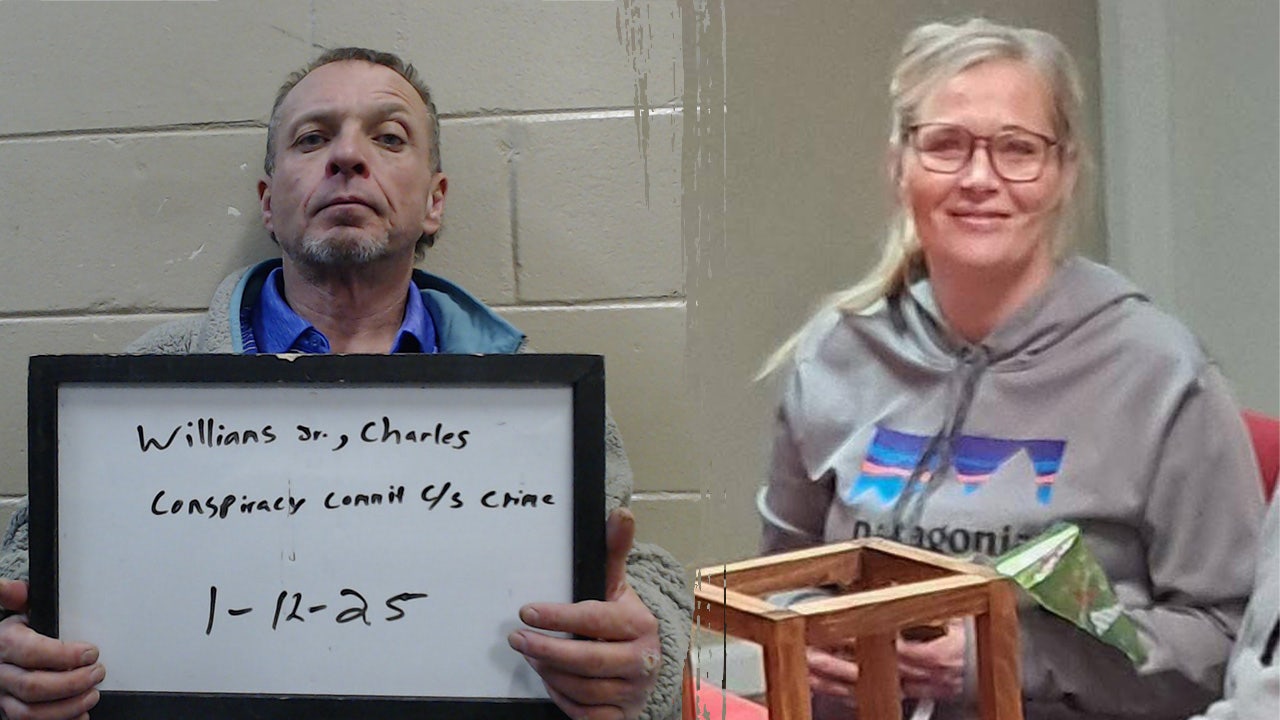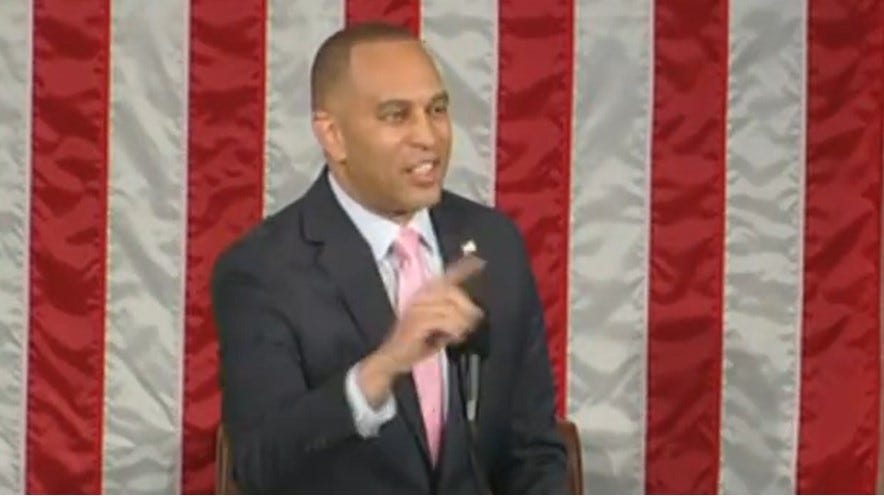Accel, one of the most prolific e-commerce and marketplace investors in India, is making a contrarian move by turning its focus to smaller towns and villages in search of future unicorns.
The venture firm argued on Wednesday that these areas, which it refers to as “Bharat,” represent a significant market ripe with opportunities for entrepreneurs even though many startups have struggled to make inroads in these regions.
“There’s a perception that rural means poor. But if you look at what the top 20% to 30% is spending there, it’s quite significant. We estimate it’s north of $250 billion,” Accel partner Anand Daniel told TechCrunch in an interview. The firm claims that the top 20% of these untapped markets spend more per month than about half of the population in urban cities.
Daniel said the firm plans to feature this new focus as at least one of the major themes in its next early-stage investment program.
Accel’s decision is notable, since most other venture investors in India chase startups that serve the top urban cities. An early investor in startups like Flipkart, Myntra, Swiggy, Zetwerk, Urban Company, Acko, Eruditus, Moglix and Infra.Market, Accel holds a stake in about a fifth of all Indian unicorns — even though it has not deployed as much capital as some of its peers.
Underpinning Accel’s belief in rural India is the improvement in infrastructure in these regions. The proliferation of smartphones and affordable internet has allowed people across the country to adopt digital services, like mobile payments via UPI. Warehousing and logistics have also improved country-wide, enabling faster deliveries.
Rural Indians are also demonstrating a propensity to upgrade their lives, opting for 125cc bikes over 100cc models, double-door fridges instead of single-door units, and used iPhones, said Accel.
While this improvement in infrastructure also enables big companies like Flipkart to serve customers in these regions, Daniel believes “it’s such a large and non-zero-sum game market that there will be opportunities for newer players.”
Many startups that have launched or expanded to smaller Indian cities in the past have seen little success. For example, commerce startup Udaan’s attempt to serve merchants in smaller cities has largely faltered despite the company raising over $1 billion on the promise.
Some startups have struggled on this front because they tried to force-fit urban strategies to these rural markets, while others struggled because they didn’t prioritize exurbs.
Another reason could be simply how these markets function: Often, family-run businesses maintain generational relationships with lenders and logistics providers in these regions, and it can be hard for startups to break into such a market with only their tech.
Daniel suggests that entrepreneurs attempting to serve Indian exurbs need to be mindful of such relationships and try to help scale them. He pointed as an example to Citymall, an Accel portfolio company that works with micro-entrepreneurs in smaller Indian towns and ensures they play a significant role in — and benefit from — the company’s growth.
Startups serving rural India will likely have to look and operate differently from their counterparts in cities. Their business models, customer acquisition strategy, and distribution will likely be very different, said Accel.
But the firm is certain that big startups will emerge from these rural regions, and their valuations will be just as good as their urban counterparts, Daniel said.



























































